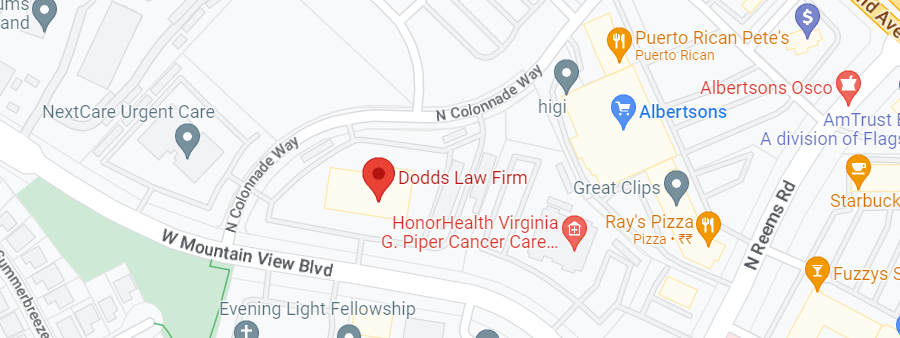An Easy Decision
Facing our mortality and planning for it may be difficult for some. What can make the decision to do so easier is that you are continuing your care and concern for those you love the most by doing so. Estate planning allows you to protect your wishes and your life’s work while continuing to protect those you love long after you are gone.
Parts of estate planning can apply to everyone, whether they feel they have a significant estate or not. There are several tools that you can utilize to plan for even the most unique of situations in your life. You may choose to pursue one or two priorities on your list or a comprehensive estate plan. The great part is that no “one size fits all” approach exists. You can tailor your plan to your exact needs using multiple resources.
What is a Will?
A will is a document that helps establish your wishes and priorities upon your death. Anyone who is of sound mind and over the age of 18 can create a will.
You can create a hard copy or a digital copy (with electronic signatures) and sign in front of two witnesses, who will also sign the will. You do not need to have your will notarized in Arizona, but doing so can help alleviate any questions when it’s time to enter the probate process.
Why is a Will Important?
A will allows you to appoint a personal representative who oversees your estate after your death and ensures that all parties follow the wishes stated in your will. For example, suppose you want to leave parts of your estate to family and other parts of your assets to charitable organizations. You can stipulate this in your will, and your personal representative can ensure that this happens according to your instructions.
You can also name a personal guardian for any minor children you may have. Appointing this guardian ensures that your children are cared for by someone of your choosing rather than someone the state may have to appoint.
Another aspect that a will can help with is to name a person to oversee assets left to minor children. This person can help manage properties or assets and ensure they are maintained appropriately and kept up until the minor children reach the appropriate age to take over the asset.
What is a Trust?
A trust is another essential resource available to you that can help you protect your assets and plan for the future. Upon creating a living trust, you transfer assets to the trust and list beneficiaries for these assets upon your death.
One of the most appealing aspects of a trust is that the assets listed within it are typically not eligible for the probate process. This option can mean that your beneficiaries don’t have to wait for the lengthy probate process or worry about issues; the assets are set to transfer to them as you stipulated in your trust.
Another aspect that may appeal to you is that you can release assets within the trust on a timeline you create. If you have beneficiaries who may not be adept at managing finances, you can ensure they receive your assets on a schedule rather than all at once. Or you can state that the beneficiary must fulfill a milestone before they can access their assets, such as finishing college or buying their first home.
If privacy is important to you, placing your assets in a trust is another way to help ensure that your personal information isn’t discussed in the public setting, such as the probate process.
Which is Better for Me?
Each situation is different, so it’s difficult to determine what may be the best fit for you. An experienced attorney will generally tell you that having both is a great way to ensure you are protected, and your heirs can benefit from your assets with the least amount of issues following your death.
If you have family members you anticipate contesting the arrangements you have set in your will; you may wish to create a trust to help further enforce your wishes.
If you wish to name a guardian for minor children or a personal representative to oversee your estate, a will may be the best option for you without creating a trust.
Each family will have different goals and a unique set of assets that they want to protect. Multiple tools for estate planning can ensure that each person gets the exact estate plan for their needs.
Future Planning for Life’s Uncertainties
None of us can predict the future. But we can align ourselves with the best options to ensure that we can protect what we have worked our entire lives for for the rest of our lives and beyond. Your legacy is something you should be proud of and something that you can continue to provide for your children and family long after you are gone.
Don’t let the estate planning process overwhelm you. Let our team help you navigate the resources available based on your priorities and help you set up a plan from a simple document or two to an all-encompassing plan detailing and protecting everything that matters the most to you.
Call our office today at (623) 267-0026 for your free initial consultation. We will listen with experienced compassion to your needs and concerns and help establish a strategy to help you carry out your plan for the future.

 CALL US NOW
CALL US NOW









